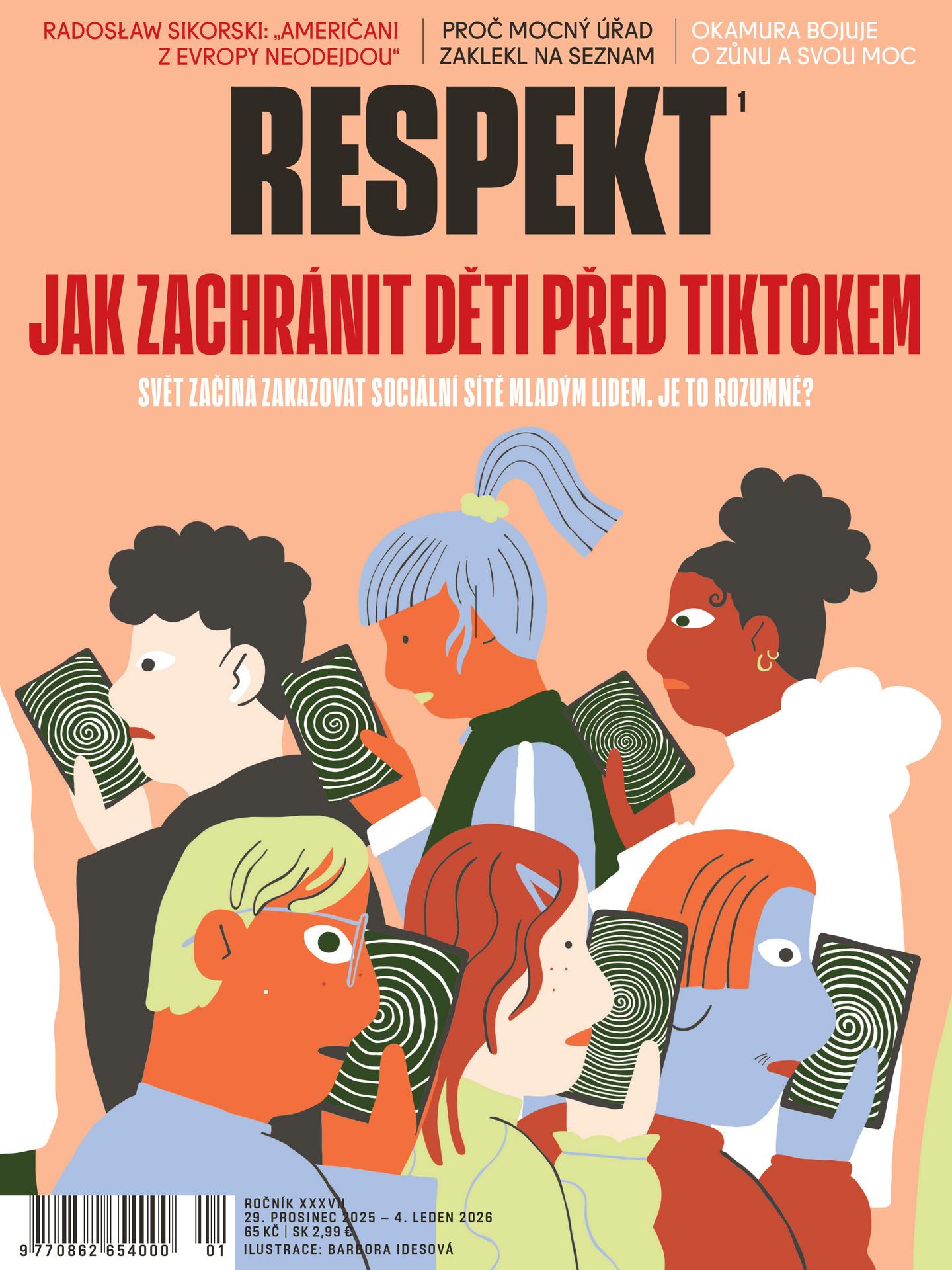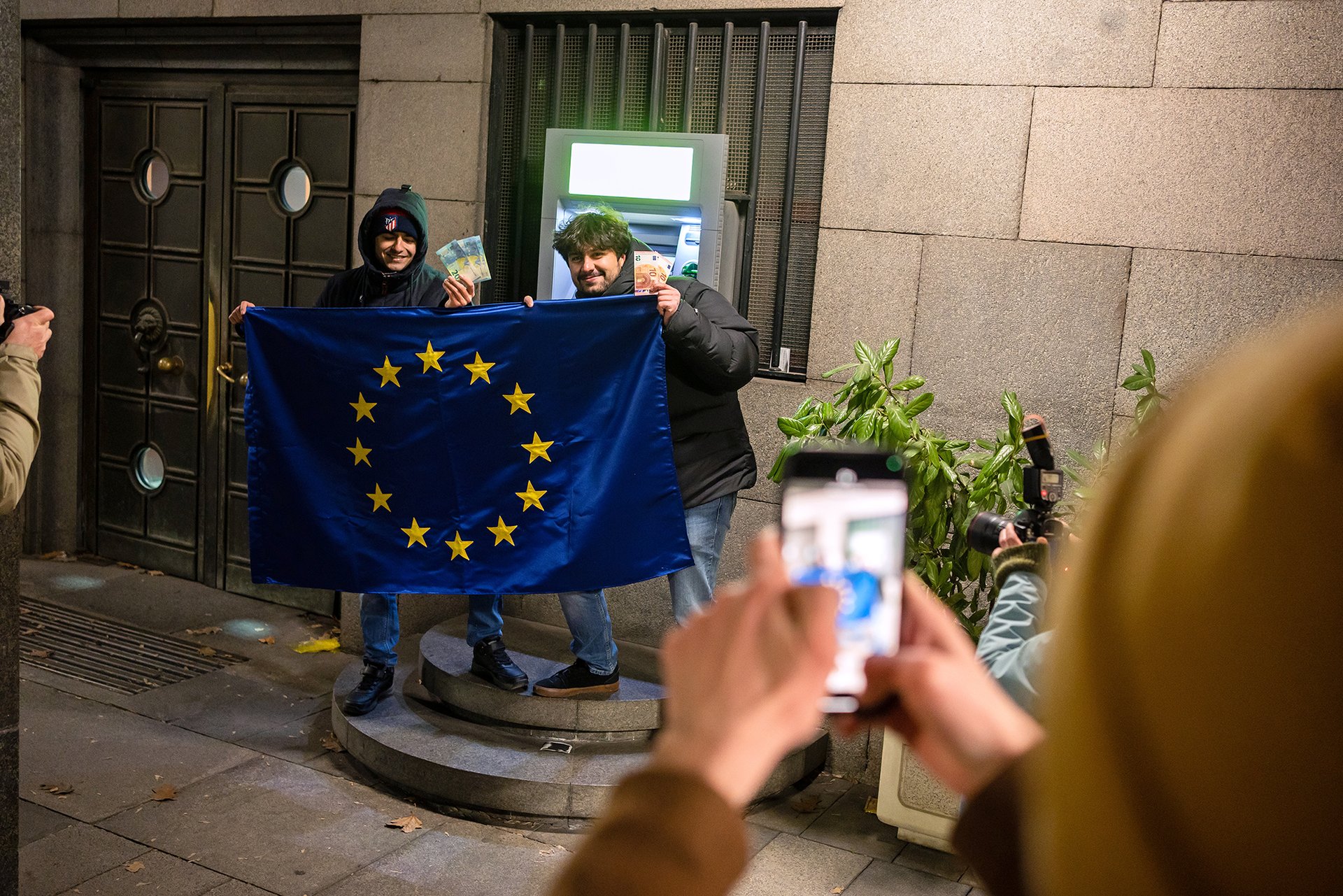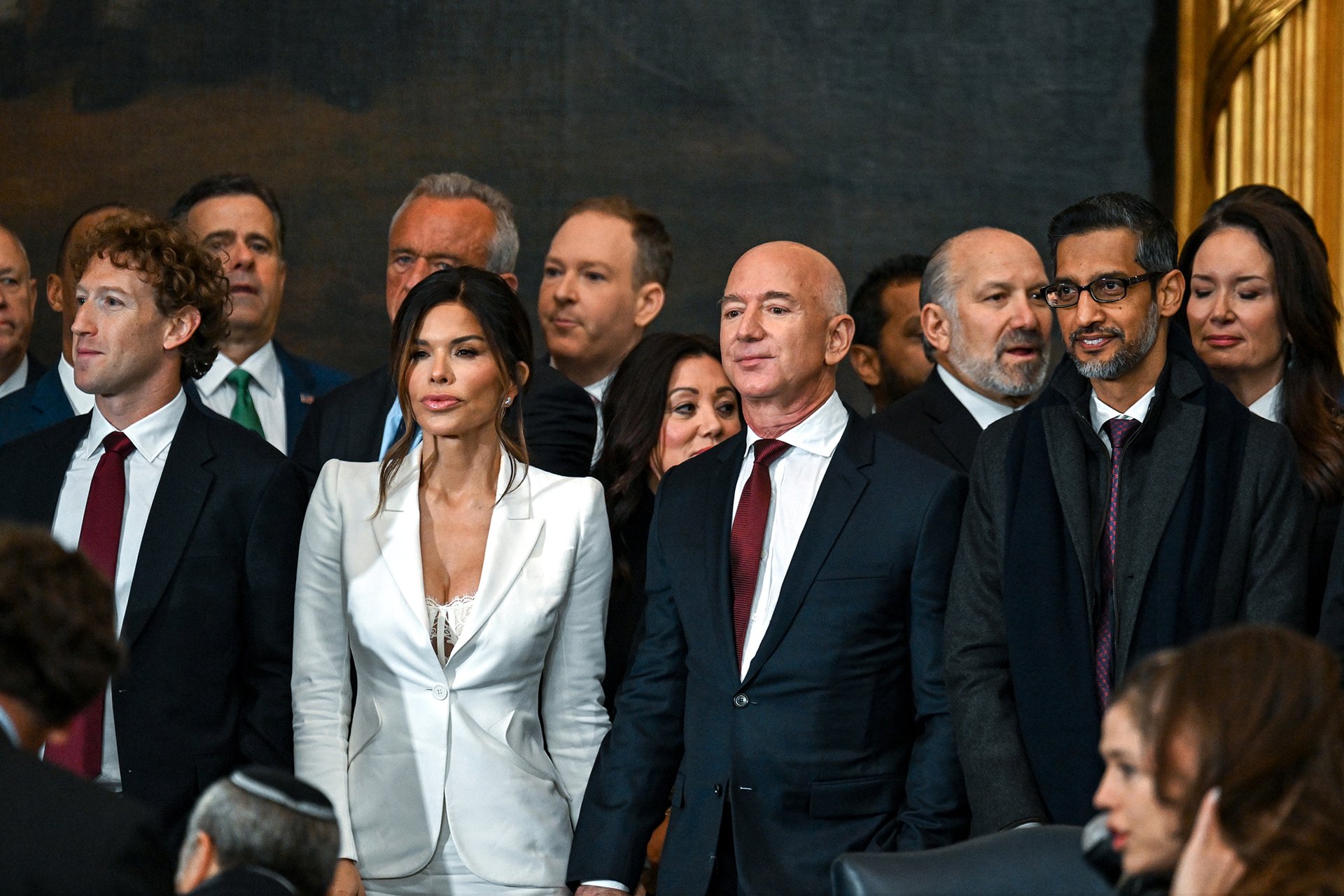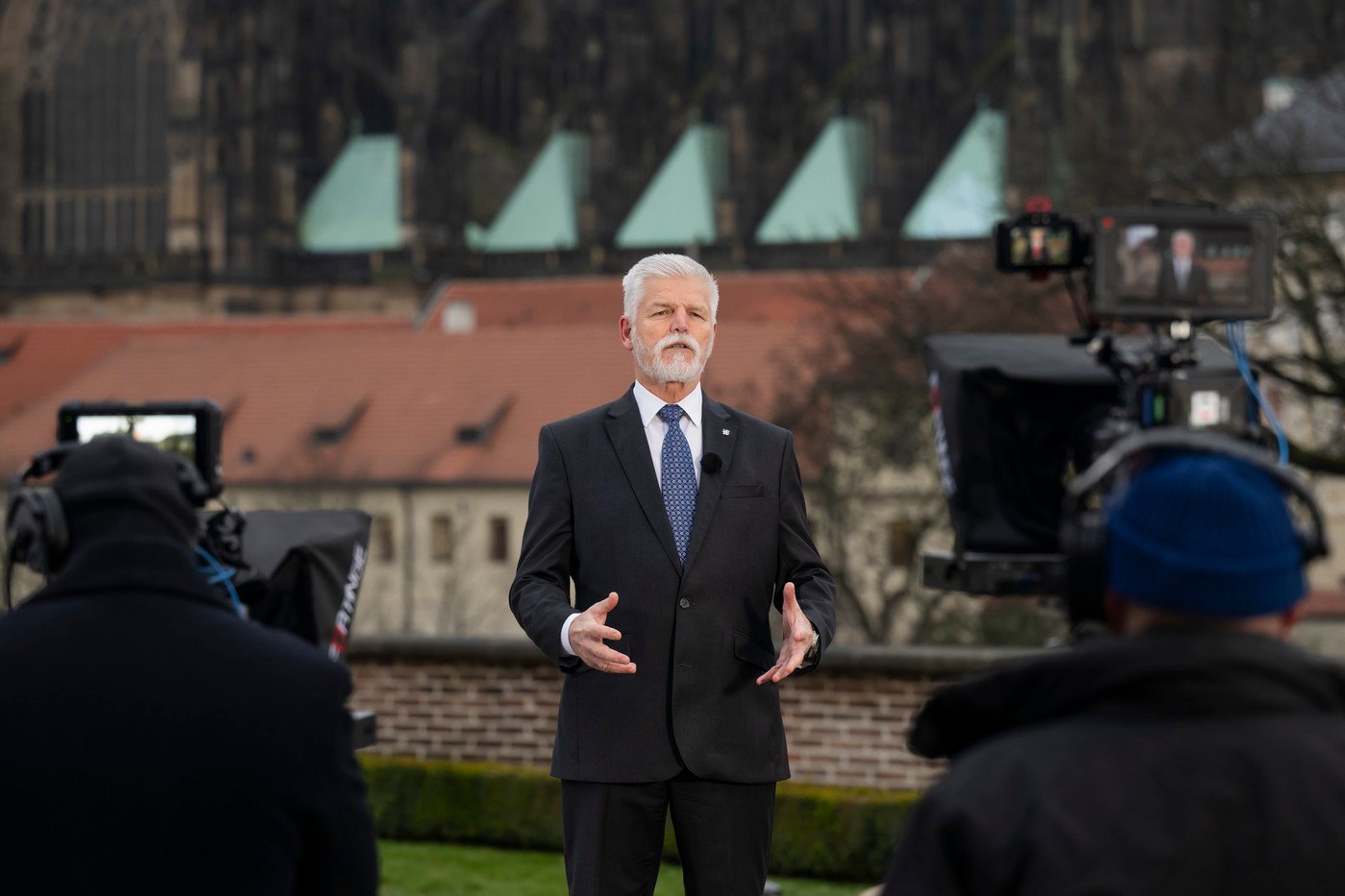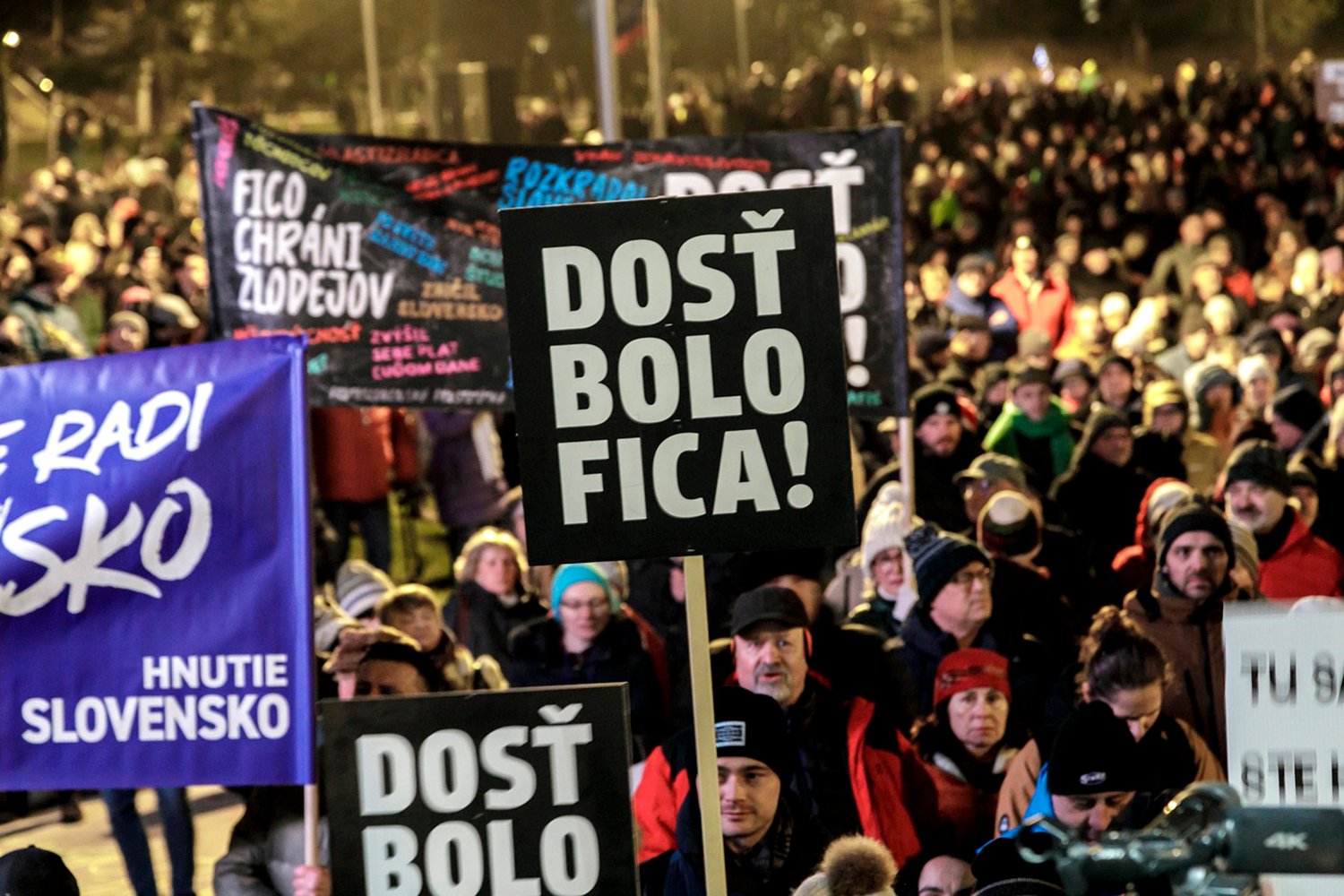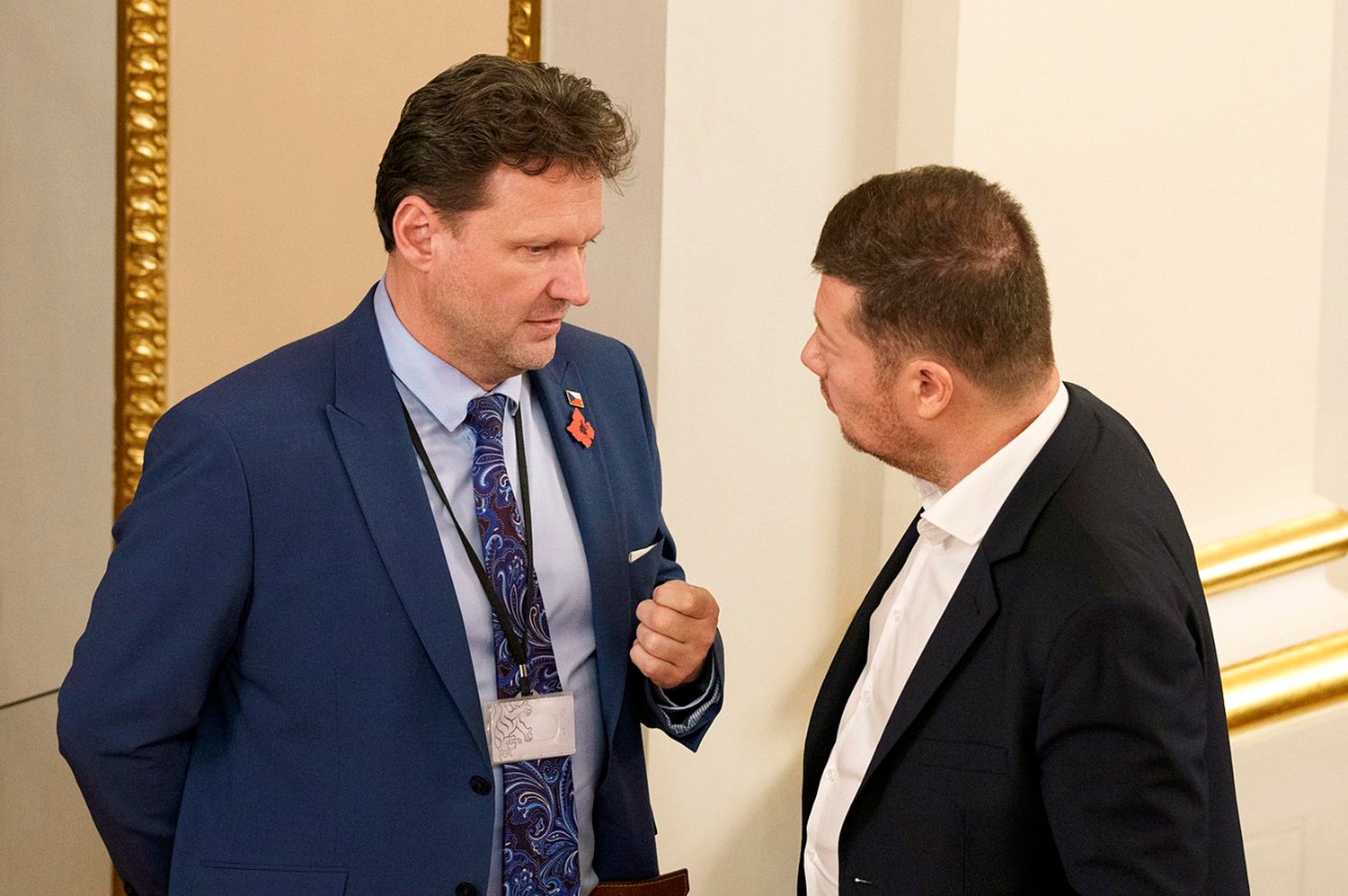European aspects of the presidential election
"All at once everything is clearer," incumbent President Václav Klaus said when Jan Švejnar's announced his presidential candidacy. And no doubt this is true.

„All at once everything is clearer,“ incumbent President Václav Klaus said when Jan Švejnar's announced his presidential candidacy. And no doubt this is true.
Knowing the name and profile of an alternate presidential candidate also provides an opportunity to use the presidential election to clarify several fundamental questions concerning the nature of the top job. Until now, the debate has focused on the final reckoning and responsibilities for the economic transformation of the 1990s and on a virtual tallying of likely votes for both candidates. But when lawmakers are making their decision on whom to vote for, they should reckon with the European aspect of the presidential election. This is where the candidates diverge.
Even many advocates of the incumbent are starting to consider his radically eurosceptic standpoint a weakness at a time when the Czech Republic will be presiding over the EU. In the past election, Klaus won the Communists' votes thanks to a strong nationalist tone – defending national interests against Germany (the Beneš decrees) and the EU. Now the situation has changed: the Czech Republic will preside over the EU, Germany is an important neighbour and partner, and EU membership is evaluated positively by a clear majority of Czechs, including Civic Democratic Party voters. Jan Švejnar's approach seems to be far more in line with the new position of an EU member state, as well as with the leading stream of public opinion.
Rule of law and the EU
Klaus's image of a successful economic reformer belongs to the 1990s. Since that time the issues of corruption and the judiciary have come into the limelight for both the public and European partners, stemming from undervaluing the rule of law over the past decade. The president should guarantee the rule of law, but he often acts otherwise. Since 2003, Klaus has repeatedly attacked the supreme judicial institution. In September, he tried to dismiss the head of the Supreme Court, which the Constitutional Court described as invalid and running counter to the Constitution. The president cautions against „the power of judges“ and fails to see that there could be an institution that actually acts independently.
How does this relate to the EU? The EU is based not only on the idea of common market, but also on common institutions and shared legislation. If a country's supreme guarantor casts doubt on constitutionalism and the rule of law, he can hardly inspire similar trust among citizens and European partners.
Pokud jste v článku našli chybu, napište nám prosím na [email protected].

